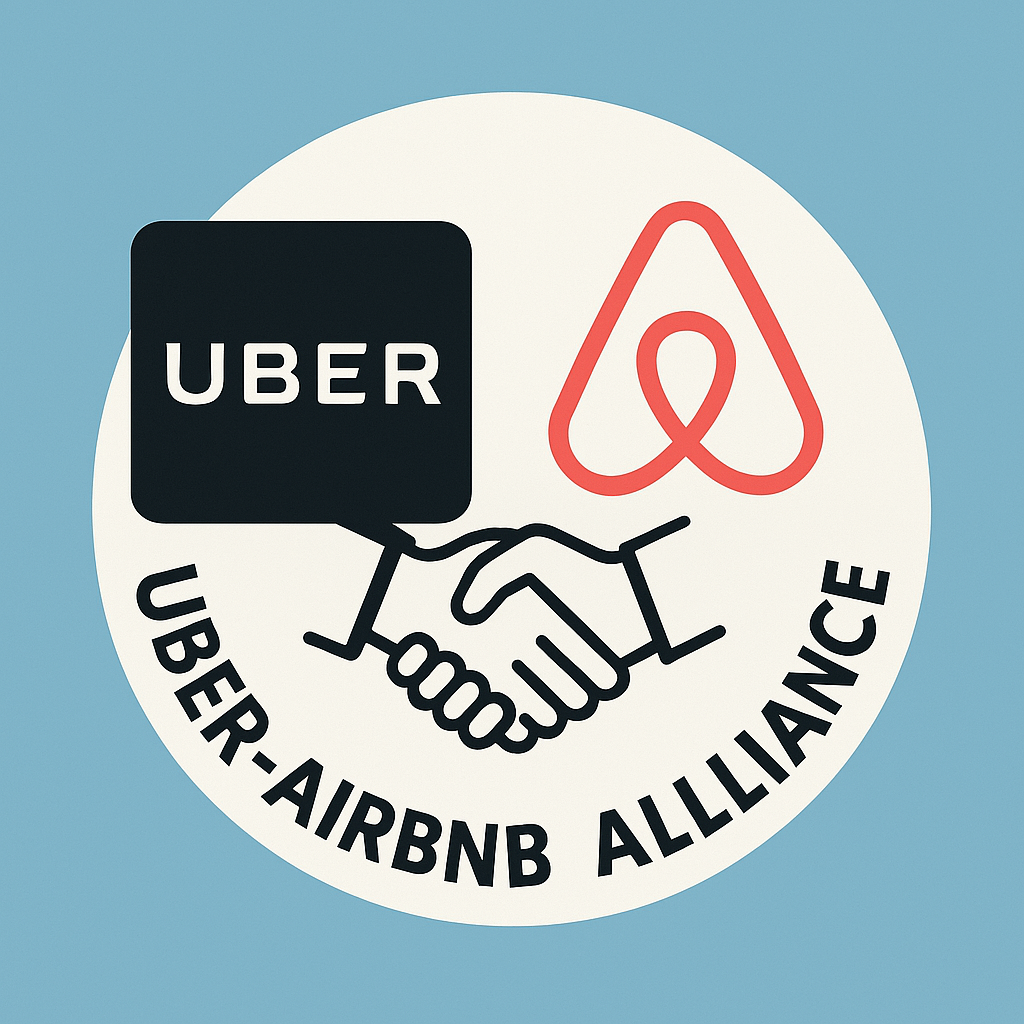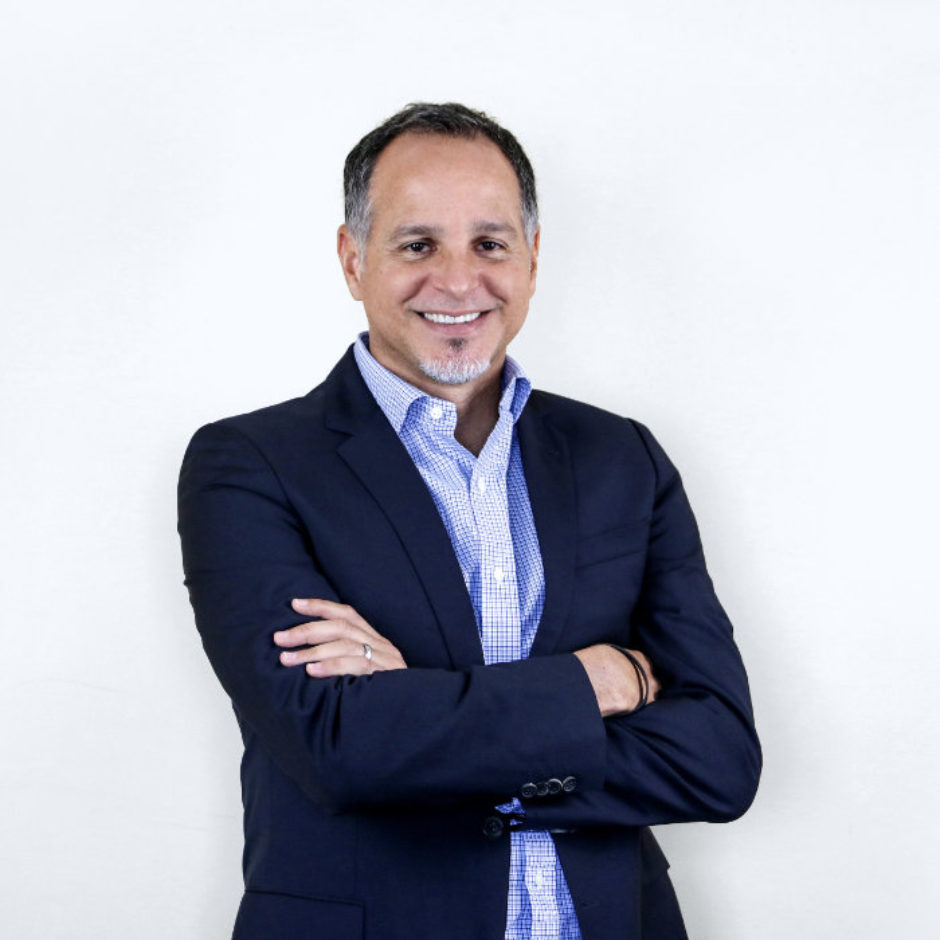Are the world’s two most powerful sharing economy companies are flirting with a strategic partnership? Jamaica may be their first test market—and the stakes for local entrepreneurs, taxi operators, and policymakers could not be higher.
On a humid Tuesday morning in Kingston, Janine Brown refreshes her Airbnb app to check for bookings at her three-bedroom guesthouse near Half Way Tree. Within minutes, a reservation pings in—from a visiting digital nomad requesting airport pickup. Janine sighs. She’s partnered with a local taxi driver before, but communication gaps often result in missed connections.
“What if,” she wonders, “Airbnb just integrated transport like Uber into its bookings?”
It’s a question that could soon redefine tourism not only in Jamaica but across the Caribbean. What if Uber Technologies, Inc. and Airbnb, Inc. are already exploring ways to deepen their offerings and boost user stickiness by seamlessly integrating accommodation and mobility into a single, fluid travel experience?
Disruptors at Work: Their Business Models Explained
Uber Technologies, Inc.
• Headquartered in San Francisco, Uber pioneered ride-hailing by bypassing traditional taxi medallion systems.
• Its revenue streams now span Uber Eats (food delivery), Uber Freight (logistics), and ride-hailing in over 70 countries and 15,000 cities worldwide.
• In Jamaica, it operates under a lease-driver model, directly challenging associations like JUTA, Maxi Tours, and JCAL, which historically dominate regulated taxi services for tourists.
Airbnb, Inc.
• Also based in San Francisco, Airbnb revolutionized hospitality by enabling homeowners to list short-term rentals.
• It earns via commissions on bookings, with 150 million users globally.
• In Jamaica, it has democratized the accommodation market, empowering micro-entrepreneurs to bypass traditional hotel chains.
The Partnership That Could Change Everything
Imagine this:
• Booking a Montego Bay villa on Airbnb includes a pre-arranged Uber pickup from Sangster International Airport.
• Guests receive curated “Uber Experiences” for local tours, bar hops, and cultural immersions—all within the app ecosystem.
• Hosts earn commissions on rides booked through their listings, incentivizing deeper collaboration.
Such an alliance isn’t unprecedented. Uber previously partnered with Hilton to integrate ride bookings for hotel guests. But the scale and implications of an Uber–Airbnb tie-up would dwarf prior initiatives.
Implications for Jamaica’s Transportation and Hospitality Sectors
Ground Transportation:
Traditional operators like JUTA and Maxi Tours risk losing relevance if Uber consolidates tourist pickups and island tours. Their competitive advantages—licensed drivers, brand trust, and association networks—could erode if digital convenience outweighs regulatory preference.
“Uber is forcing us to innovate or die,” one Kingston taxi association leader told Businessuite, requesting anonymity to avoid backlash.
Hospitality:
Airbnb hosts stand to benefit significantly. Bundled transportation would enhance their value proposition, differentiate them from traditional hotels, and streamline guest experiences. However, large hotels and resorts could view this integration as existentially threatening, prompting them to lobby for restrictions on unregulated guest transport.
Risks of Market Domination
• Local Entrepreneurs: While integration may increase bookings and transport reliability, platform dominance could marginalize small tour operators and independent taxi drivers.
• Economic Leakages: Greater revenue share could flow out of Jamaica to foreign-owned platforms, limiting tourism’s multiplier effect on local economies.
Policy and Legislative Imperatives
The Jamaican government faces complex decisions:
1. Licensing Parity: Should Uber drivers be held to the same rigorous standards as JUTA drivers to ensure safety and fairness?
2. Taxation: How will platform commissions be taxed to protect local revenue while encouraging digital innovation?
3. Consumer Protection: Will bundled services maintain quality, insurance coverage, and accountability in cases of accidents or scams?
Without proactive regulation, Jamaican SMEs risk being steamrolled by Silicon Valley giants leveraging scale and data synergies.
Business Models in Response
Traditional Operators:
• Developing proprietary apps with real-time bookings, transparent fares, and service ratings.
• Forming alliances with platforms to remain integrated in the new digital-first ecosystem.
Hotels and Resorts:
• Lobbying for platform regulations while investing in exclusive airport transfer partnerships or premium shuttle services to maintain differentiation.
Entrepreneurs:
• Leveraging the integration by offering unique experiences that Uber or Airbnb cannot easily replicate, such as personalised heritage tours, culinary immersions, and community-based initiatives.
The Global Implication
A successful pilot in Jamaica could become Uber and Airbnb’s blueprint for emerging markets, especially in tourism-dependent economies from Barbados to Bali. It could redefine how travellers book, move, and experience destinations, consolidating the entire journey into two apps and further entrenching the dominance of Big Tech in local markets.
Businessuite’s Final Take
“When Uber and Airbnb join forces, travel transforms. But will it uplift local economies or leave them stranded on the roadside of progress?”
The Jamaican government, tourism leaders, and small entrepreneurs stand at a critical inflection point. Embracing technological integration while crafting balanced policies will determine whether the island remains merely a passive stage for global disruptors—or becomes an empowered, co-creative player in the new travel economy.
By Businessuite Contributor


 Businessuite Markets3 weeks ago
Businessuite Markets3 weeks ago
 Businessuite News241 week ago
Businessuite News241 week ago
 Leadership Conversations4 weeks ago
Leadership Conversations4 weeks ago
 Corporate Feature1 week ago
Corporate Feature1 week ago
 Businessuite Women1 week ago
Businessuite Women1 week ago
 Businessuite News24 International1 week ago
Businessuite News24 International1 week ago
 Business Insights3 weeks ago
Business Insights3 weeks ago
 Businessuite News241 day ago
Businessuite News241 day ago








